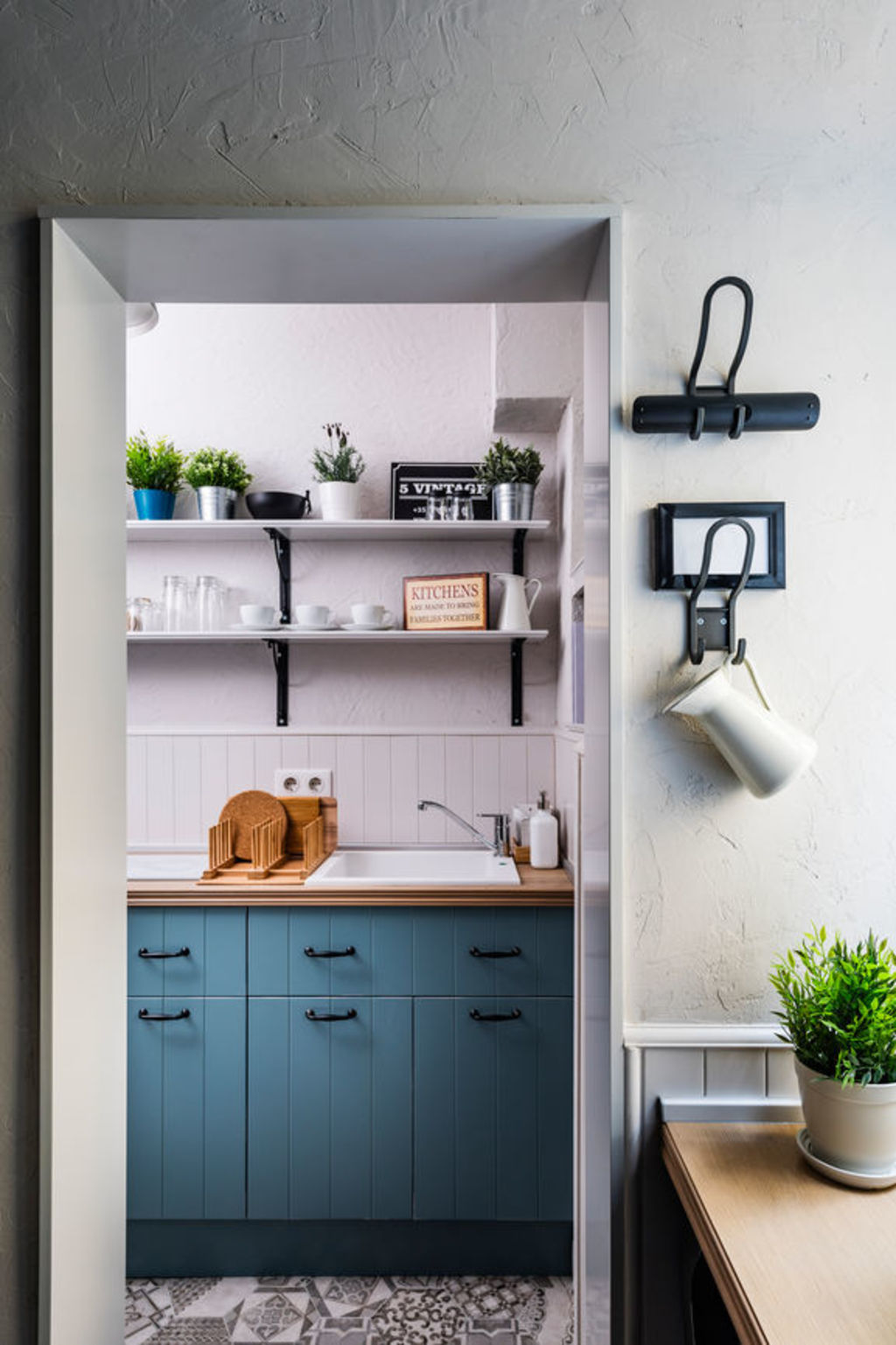How to buy an investment property with your sibling and keep the relationship intact

In 2013, my sister and I agreed to combine our savings to buy an investment property together. Our aim was to get into the property market and create a “forced savings” vessel to help motivate and discipline us towards putting more money away each week.
We bought a modest two-bedroom apartment in Harris Park, next to Parramatta. During the settlement process, we learned about two different types of shared ownership — “joint tenancy” and “tenants in common”. The main difference is apparent when an owner dies — if we had joint tenancy and I died, my share would automatically go to my sister. With tenancy in common, my share forms part of my estate and would be divvied up with along with my other assets.
We chose tenancy in common in case one or both of us found long-term partners in the future and wanted to leave our share in the property to our spouse.
After meeting with five real estate agents we chose an experienced, local property manager and quickly found tenants, opting to keep the rent low to speed up the process.

Since we have different incomes and living costs, we decided our best strategy to manage the mortgage would be to use an offset account to put in whatever we could afford. We keep meticulous records of our contributions, withdrawals and utility payments so instead of trying to keep everything even, we minimise our interest and try to find a balance of our contributions over the long-term.
During the process we made an effort to play to our individual strengths — my sister has been more hands-on with the strata and building management, while my spreadsheets and calculations have helped us plan and make decisions.
Four years in and we are still happy with the arrangement — we have made reasonable in-roads on the repayments and we’re on the same page about the future of the investment.
- Related: The five most frustrating household habits
- Related: How a dog can lower the value of your home
- Related: The biggest mistake I made in our renovation
Principal client adviser at Altus Financial, Adam Montana, says the most important thing for an arrangement like this is to discuss the terms so both parties are on the same page.
“You need to be aligned in regards to whether you’re in it for a three-year game or a 15-year game. And if you’re not aligned on most or all things in that game plan then that throws up the question whether it’s the right thing to do.”

Montana says you must keep in mind that property investing comes with certain restrictions “because it’s such an illiquid asset — you can’t just sell off two of the bedrooms to get one of the siblings out, you have to actually realise the whole property — you don’t have a great deal of flexibility in regards to an exiting partner in that arrangement”.
Which can be a headache if the two parties are working on different timelines.
“If you were in it for five years and your sister was in it for 15 years then what happens at that five-year mark? Does she then have to go and borrow more money to buy you out?”
But it’s not all woe: “If you’re quite clear on your objectives with the investment strategy at the outset and you stick to that, then there’s not a great deal that would go wrong in regards to it blowing up.”
Montana’s number one tip for buying an investment property with your sibling?
“You need to look at it as a business and as an investment and if you don’t want to be in business with the individual then you shouldn’t pull the trigger on it.”
We recommend
We thought you might like
States
Capital Cities
Capital Cities - Rentals
Popular Areas
Allhomes
More







